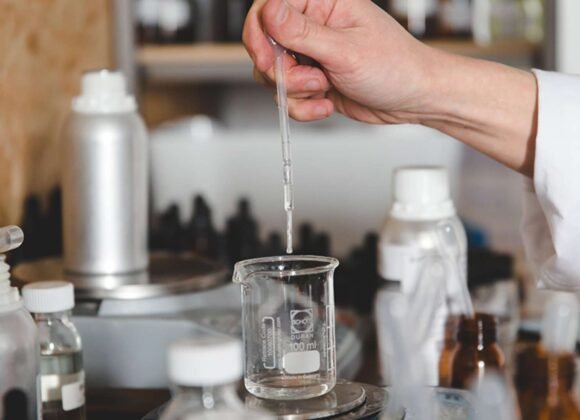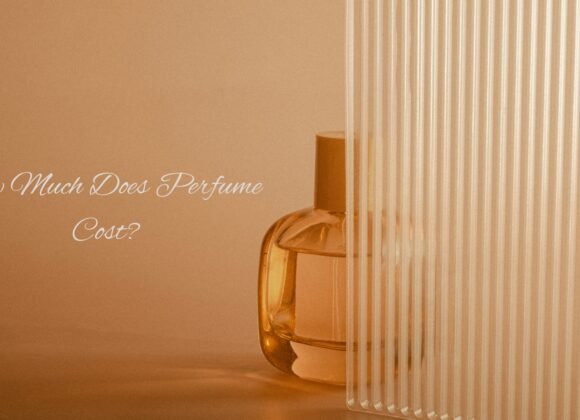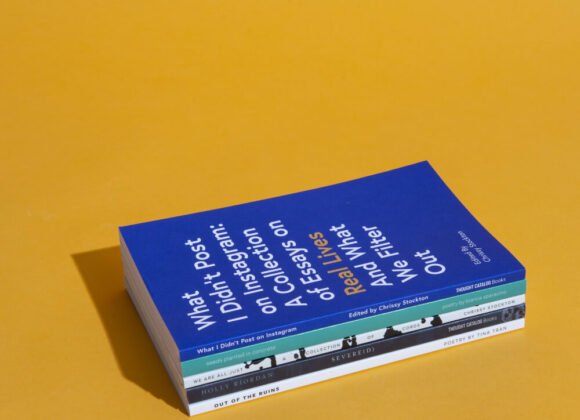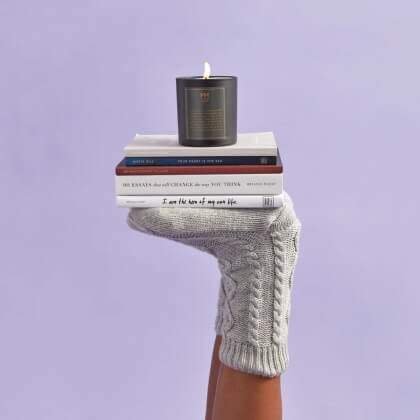The allure of crafting exquisite fragrances, and transforming raw materials into captivating scents, draws many aspiring perfumers. But the path to becoming a professional perfumer isn’t a quick sprint; it’s a marathon of dedication, skill development, and practical experience. The question, “How long does it take?” doesn’t have a simple answer.
The time commitment varies considerably based on individual backgrounds, learning styles, and career paths. Some individuals might possess a strong scientific foundation from a chemistry degree, offering a head start. Others may enter the field with a completely different background, requiring a longer learning curve.
This journey isn’t solely about technical skills; it also involves developing a keen sense of smell, an artistic sensibility for blending notes, and a commercial understanding of the perfume industry. Ultimately, the “how long” question hinges on these multifaceted elements.
Formal Training and Apprenticeship
Formal perfumery training typically involves a minimum of 2 years of intensive study at a specialized perfumery school, often following a chemistry degree. This rigorous education covers the scientific principles of fragrance creation, ingredient knowledge, olfactory training, and practical blending techniques. However, this formal education is only the beginning.
Most aspiring perfumers then embark on an apprenticeship under a master perfumer. This mentorship phase can last several years, providing invaluable hands-on experience. During this period, they assist with formulating new fragrances, refining existing ones, and learning the intricate aspects of the perfume production process. This apprenticeship isn’t just about technical proficiency; it’s also about absorbing the master perfumer’s artistic vision, understanding market trends, and gaining an overall industry perspective.
The Importance of Practice and Self-Learning
While formal training and mentorship are crucial, continuous practice is equally vital. Aspiring perfumers must continually hone their olfactory skills, experimenting with different fragrance combinations and exploring various techniques. This requires a dedicated commitment to learning and experimentation. Reading books, attending workshops, and staying updated on industry trends are also important aspects of this process. Learning about using How Do I Use Perfumer’s Alcohol properly can also significantly improve the perfume-making process. The journey of becoming a perfumer is never truly finished; the pursuit of improvement is constant. This iterative process of refinement is integral to the success of any perfumer.
Thinking you’re a perfumer doesn’t automatically make you one; the transition involves a conscious decision and consistent effort. Some individuals may wait until they feel they have mastered every aspect of perfumery, thus delaying their recognition as perfumers. However, practical experience, alongside a rigorous theoretical foundation, is key to success. If you’re interested in learning more about building a career in fragrance development, you might find our guide on How to Become a Fragrance Designer valuable.
The Path to Professional Recognition
Becoming a recognized perfumer often involves gaining employment within a perfume house or fragrance manufacturing company. Your formal education and apprenticeship play a key role in securing such positions. However, even with extensive experience, the title of “perfumer” may not be immediately bestowed. In many companies, this title might be granted only after a period of demonstrated competence and consistent achievement within the company. This is a process of validation through practical success and company recognition.
Conclusion – A Few Final Words!
The journey to becoming a perfumer is a long-term commitment that demands perseverance, skill, and a deep passion for fragrance. While formal training and mentorship provide a strong foundation, the actual time it takes will depend significantly on individual backgrounds, learning styles, and career paths.
Continuous learning and practical experience are crucial elements in the ongoing growth and development of any successful perfumer. The title of “perfumer” comes not just from knowledge, but from consistent experience and the recognition of your abilities by the industry.
HOW TO MAKE A PERFUME
Our guide to Create Your Own Perfume provides detailed insights on purchasing the finest perfumery materials and equipment. It also outlines the essential steps to begin crafting your own unique scent. So if you’ve got some extra time, let’s dive into the world of fragrance creation and discover how your personal expression can come alive through scent.






